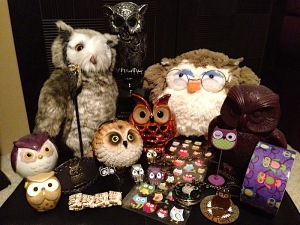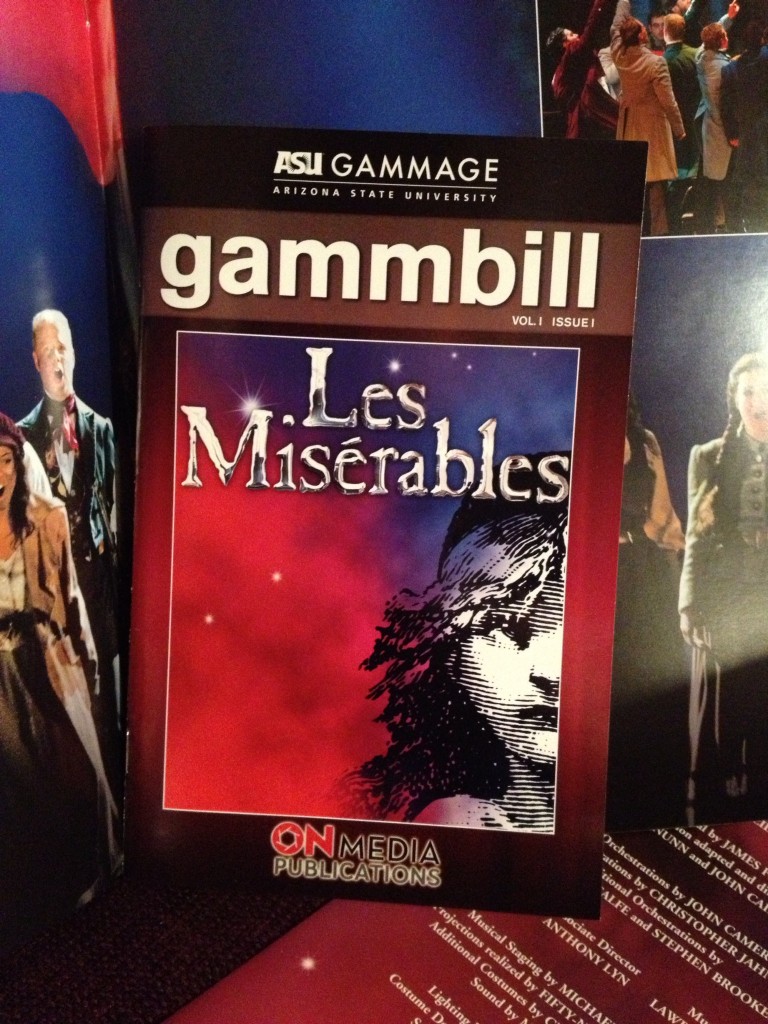So, about Christmas… I could wax poetic for today’s post, enumerate in detail all of the reasons why I love the holiday. I’m guessing you’ve heard them before: family, presents, twinkling lights, gingerbread cookies, etc.
Instead, I want to talk about why I love to read about Christmas in fiction. Christmas scenes are one of my favorite things to read in a novel. (When appropriate to the setting, of course!)
Why? There are lots of reasons, but here are a few key ones:
- Setting – Let’s be honest, I’m all about a pretty set piece. So the chance to read about characters interacting amid a backdrop of falling snow and evergreen boughs and flickering candlelight is always welcome. I like beautiful settings, and the aesthetics surrounding Christmas are gorgeous, sometimes even breathtaking. This point leads nicely into…
- Victoriana – I’m obsessed with the nineteenth century, and many of the tropes we associate with Christmas come from that time period. So it’s no surprise that my love for the Victorians extends to the yuletide season. I still watch some film version of The Christmas Carol every year, even if it’s just the Mickey Mouse one. I would venture to say that it’s my favorite story by Dickens. Classic Victoriana with a dash of gothic flair? Yes, please!
- Sentiment – Christmas is indeed pretty. It’s also a perfect catalyst for all kinds of emotion, in stories and life. Family members are crammed into close quarters. The year is ending, making the time ripe for personal reflection… Not to mention all the drama of gift-getting and gift-receiving! Any time when people are likely to make wishes and confess secrets and interact with their fellow human beings with heightened emotion of any kind makes for great story fodder. Which, of course, I love to read.
These are just a few of the things that bolster my obsession with Christmas in novels. To conclude, then, here are a handful of my favorite stories with pivotal Christmas scenes or settings. (I just finished the last one, Clockwork Princess, a week ago. It has an adorable Christmas scene, along with plenty of Victorian goodness, buckets of angst, and quite possibly my favorite love triangle ever—and I say that as someone who is generally weary of love triangles in YA.)
A Christmas Carol by Charles Dickens
Eight Cousins by Louisa May Alcott
The Lion, the Witch, and the Wardrobe by C.S. Lewis
“A Christmas Carroll” by Leanna Renee Hieber
Clockwork Princess by Cassandra Clare
Merry Christmas, everyone! And Happy New Year.




